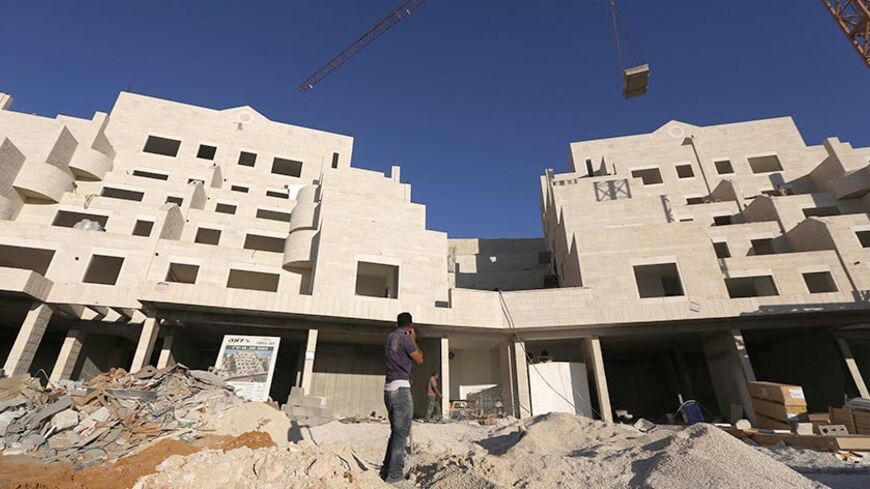How can one describe Israel's insistence on strengthening the settlements while negotiations with the Palestinians are underway? Wisecracking? Arrogance? Disregard for international public opinion? Or perhaps merely a misunderstanding by the Israeli government headed by Prime Minister Benjamin Netanyahu of the significance of such a policy, its implications and its dangers?
On Jan. 10, it came out that the prime minister has given the green light for a new round of construction in the settlements as part of what has already been nicknamed the “prisoner release-construction” equation. Nothing helped — all the Palestinian warnings, requests and threats as to the destructive results of such a construction announcement were for naught. Ever since negotiations with the Palestinians began at the end of July 2013, the Netanyahu government has announced the building of 3,422 housing units in the territories (according to the NGO Peace Now's data), including “mountain ridge” settlements. These are the very settlements that are under discussion by the Israeli-Palestinian negotiating teams for possible evacuation in the framework of a future peace agreement.



